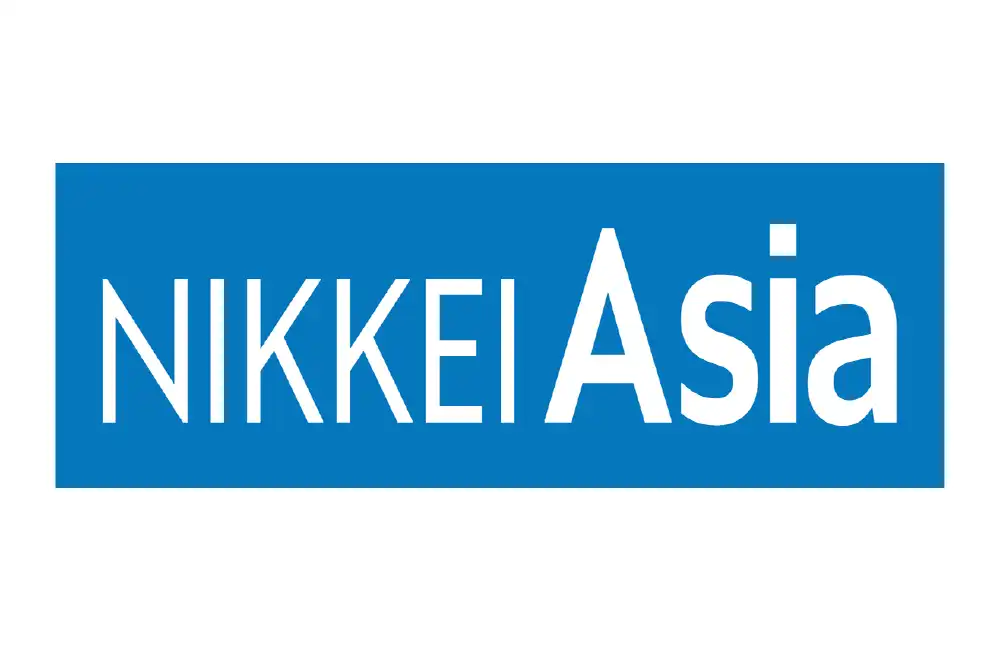Loan institutions are asking regulators to reduce the transaction fees proposed for PISCES, which aims to transform equity markets through private share trading.
A disagreement exists between UK banks and exchange operators regarding PISCES's fee structures because PISCES represents a new private-share trading platform that plans to start operations in spring 2025. Financial hubs including London monitor the disagreement because banks need to maintain revenue streams while ensuring market liquidity for the platform.
What Is PISCES?
The Private Intermittent Share Trading Exchange System (PISCES) enables private share transactions through scheduled auctions, allowing businesses to raise funds without completing a full initial public offering (IPO). Mid-sized firms and start-ups find this platform to be a flexible alternative to traditional public markets. PISCES will enable UK investors to expand their portfolio diversification options by providing easier access to private capital.
The London Stock Exchange (LSE), as a key platform stakeholder, believes PISCES will revolutionise equity markets by generating more liquidity and increasing transparency within a conventionally opaque sector. The proposed fee structure of PISCES has raised concerns among investment banks, who fear it could harm their revenue share.
Banks Raise Concerns Over Revenue Loss
The central issue causing contention stems from changes in typical private placement fee structures. In the UK banking sector, placement fees can reach up to 5% when financial institutions help companies secure private capital. PISCES's expected centralisation of trading activity would direct these fees to exchange operators thereby substantially decreasing banks' revenue from these transactions.
Leaders at multiple major UK banks have raised doubts about their ability to sustain existing service levels after implementing the new arrangement. An anonymous banker expressed that while PISCES could unlock private share liquidity, its proposed transaction fees threaten the economic viability for intermediaries. Banks will lack motivation to promote platform deals flow unless they receive suitable payment arrangements.
Lobbying Efforts Intensify
To protect their conventional revenue sources, banks started lobbying both regulators and marketplace operators to modify the proposed fee system. The Financial Conduct Authority (FCA), HM Treasury, and the London Stock Exchange Group have started talks to develop a fee structure that equitably addresses the concerns of all stakeholders.
Industry insiders state that banks support a fee system where transaction costs vary based on deal size or volume in order to maintain affordability for small trades while securing their revenue share. Some have suggested bank-exchange partnerships for splitting PISCES trade fees through shared revenue models.
Diverging Stakeholder Views
The debate has attracted diverse viewpoints from different segments of the financial sector. The FCA representative stated that PISCES represents a significant innovation in the UK economy but emphasised the necessity of fair operation and widespread liquidity promotion (Reuters).
Legal experts have identified potential risks, including market abuse and inadequate disclosure practices. A corporate governance expert from a top City law firm warned that investor protection requires vigilance against information asymmetry in less regulated private markets.
Exchanges maintain that the proposed fees are warranted due to the expenses involved in maintaining advanced trading systems alongside regulatory compliance requirements.
Implications for the Market
The implications these fee negotiations carry affect the future of UK capital markets. A successful reduction in transaction fees due to bank lobbying might lead to increased institutional investor participation which would likely improve liquidity on the PISCES platform. If these differences remain unresolved it could lead banks to withdraw their full engagement from the platform which would decrease its adoption rate and impair financial stability.
The platform’s ultimate influence on banking business models might transform how financial intermediaries compete against one another. Private-share trading marketplaces that introduce innovation present investors with new ways to diversify their asset allocation especially in areas like fintech and high-growth industries. Higher costs may prevent small investors from participating, which could reduce the platform’s overall attractiveness.
Looking Ahead
The development of PISCES brings potential benefits and challenges to UK investors operating in the banking, fintech, and capital markets infrastructure sectors. This platform's modern approach to private share trading stands to generate numerous new investment opportunities. The future sustainability of the platform depends heavily on resolving the ongoing fee debate.
Stakeholders should monitor changes and keep track of regulatory progress and developments in industry fee structures. Staying informed allows stakeholders to take advantage of PISCES innovations while reducing risks linked to its implementation.



















